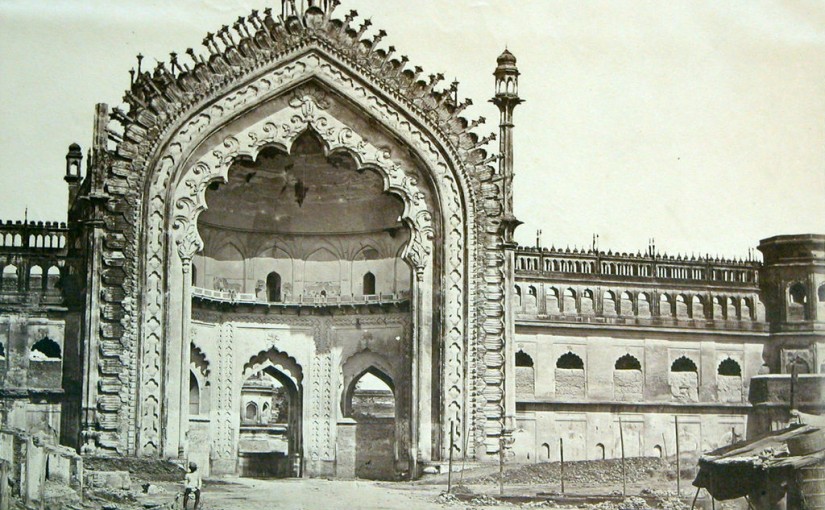The Thumris of Nawab Wajid Ali Shah are known for their simple language and the emotions that they convey. He was the last Nawab of Awadh and while his administrative skills were average, his love for arts was well known. He was a poet, singer composer and a dancer.
As his wealth depleted, his popularity increased. His subjects loved him and rejoiced on the streets of Lucknow, singing the songs that he wrote in simple Awadhi dialect. The kingdom of Awadh was at it’s cultural peak during his short regime.
It is said that the Nawab lived lavishly, he was also known to be generous, kind and compassionate towards his people; so when the British deposed him to exile in Matia-burj near Calcutta the entire town drowned in sorrow. The entire region grieved, cried and bade farewell to the composer king who at the time of exile wrote and composed a Thumri in Raag Bhairavi which is sung even today “Babul mora naihar chuto hi jaye…” My favourite rendition of this Thumri is the one sung by KL Saigal’s for the movie Devdas (1936)
Thumri, which is a semi classical form of Hindustani music, flourished under the regime of Wajid Ali Shah and bandish ki thumri (or Band bol ki thumri) became popular. One of his compositions “Neer Bharan kaise jaaun” has been beautifully arranged and presented in the movie “Khuda ke liye”
Another very famous composition is “Tarap tarap sagri rain guzri”. This composition has been used very effectively in Satyajit Ray’s movie “Shatranj ke Khiladi”
Photo by djgold 
